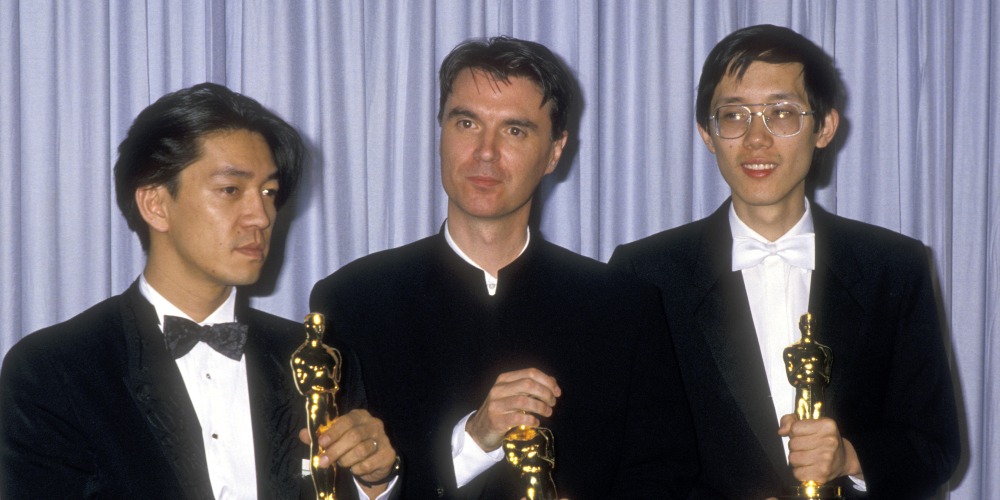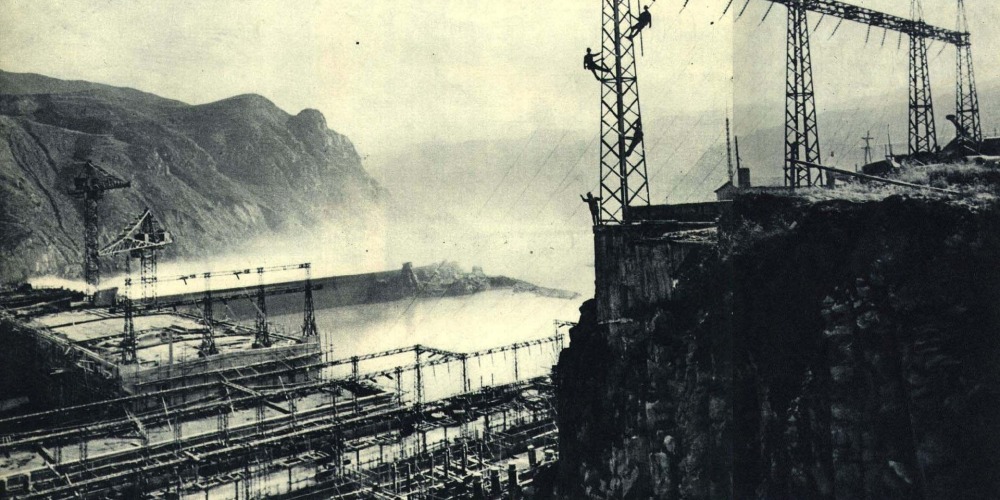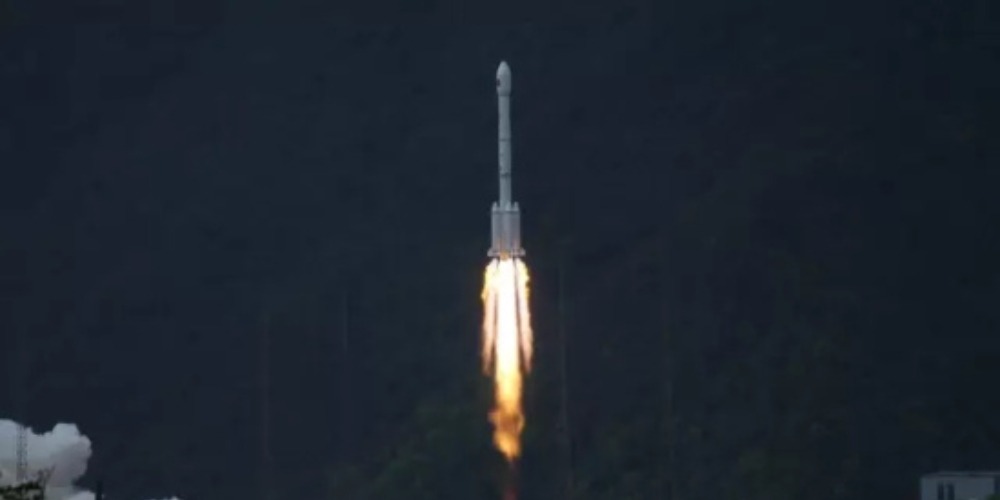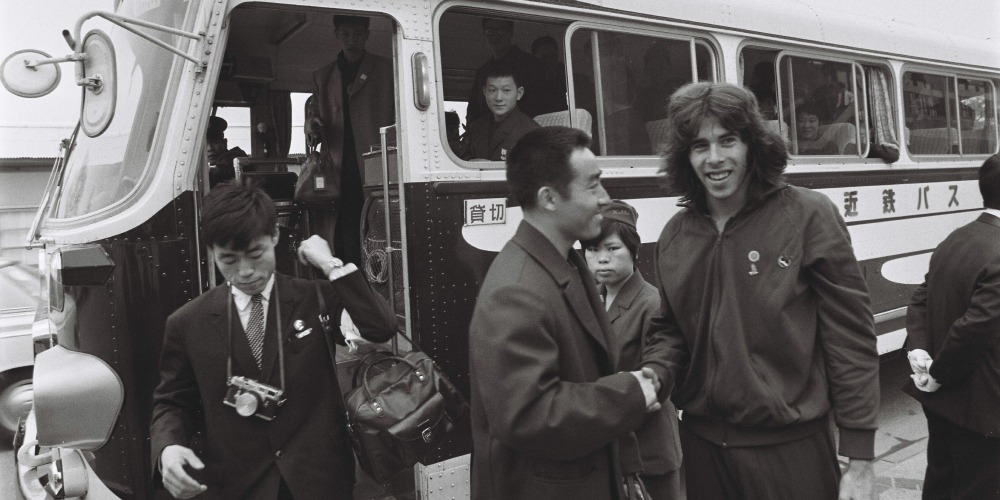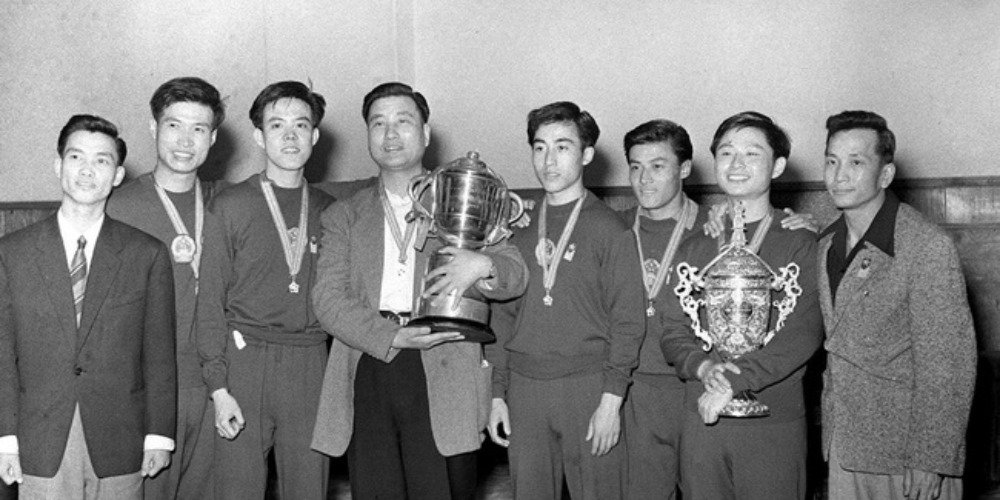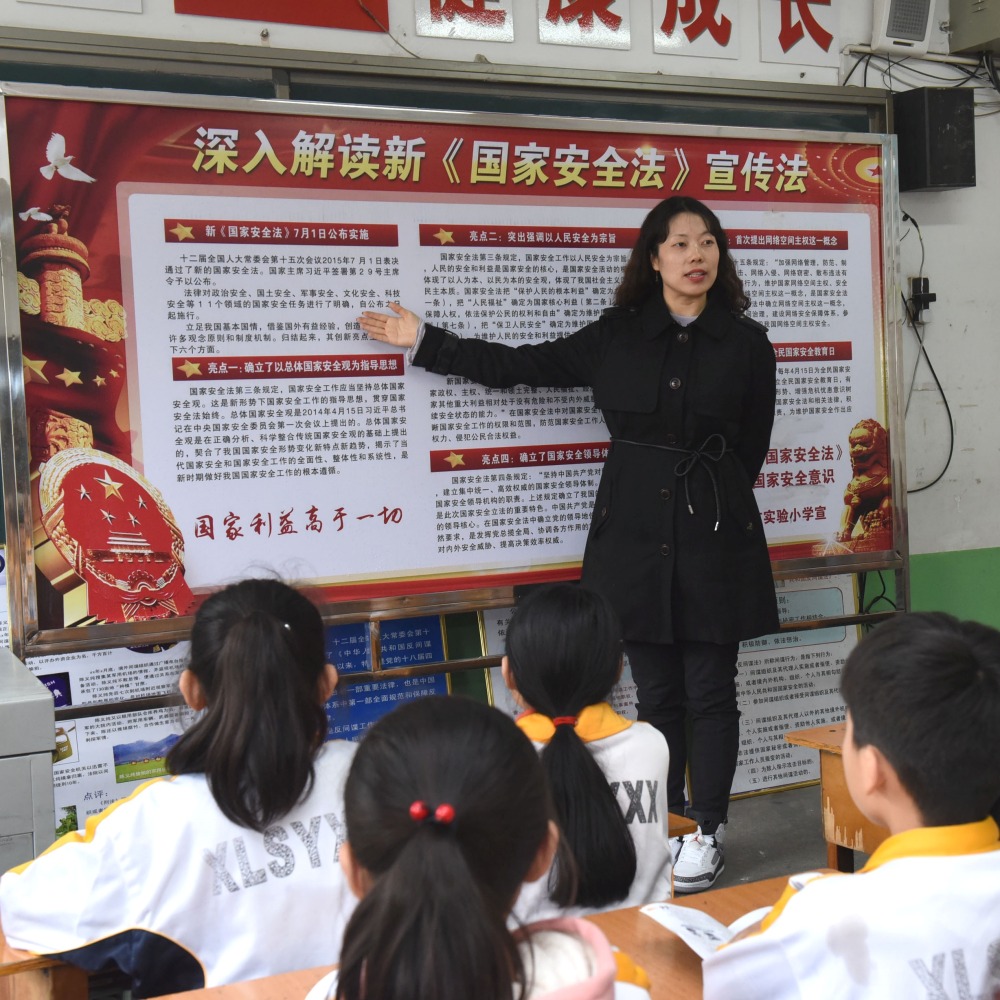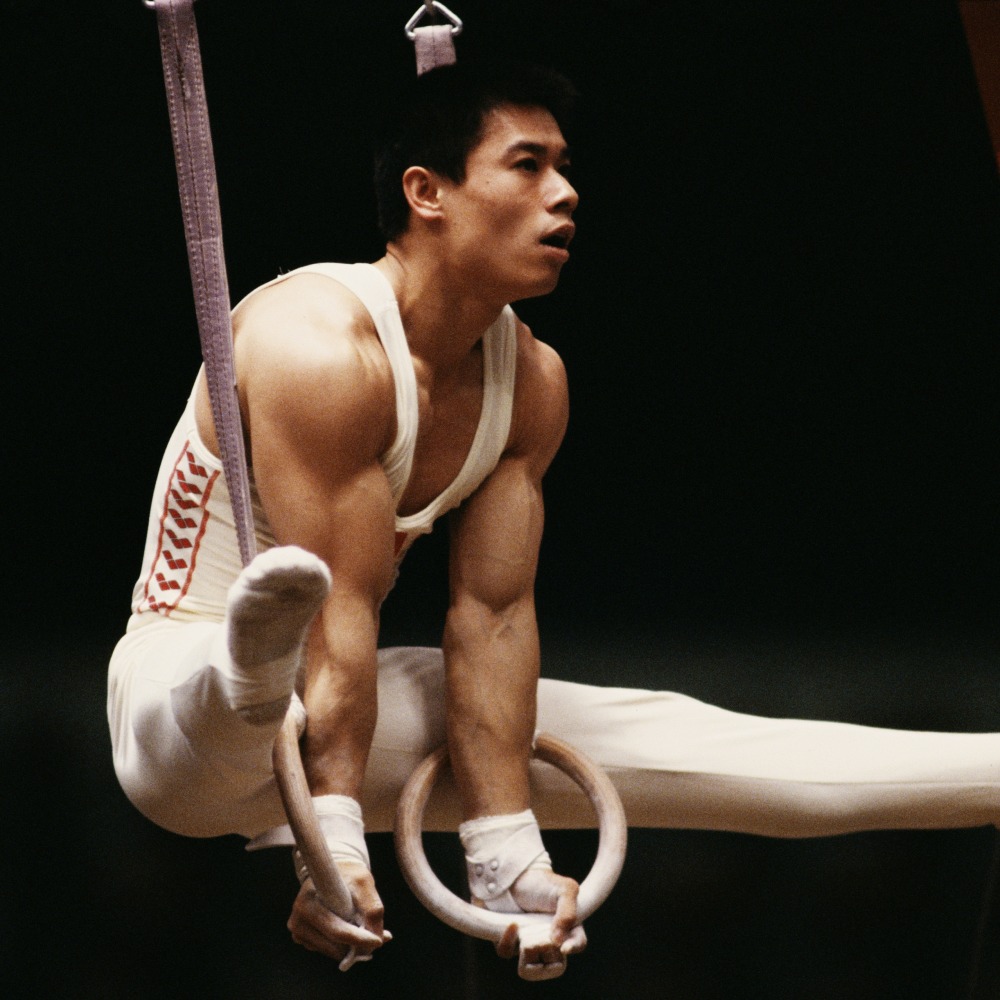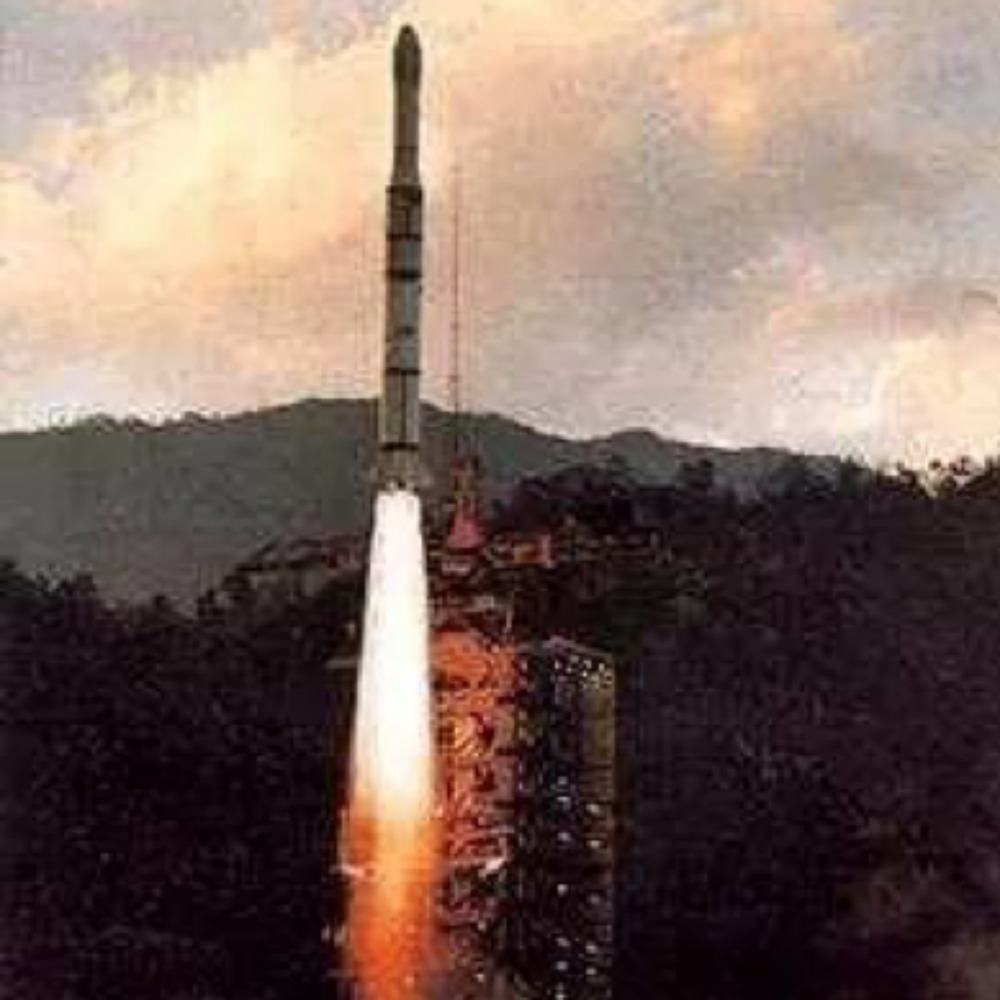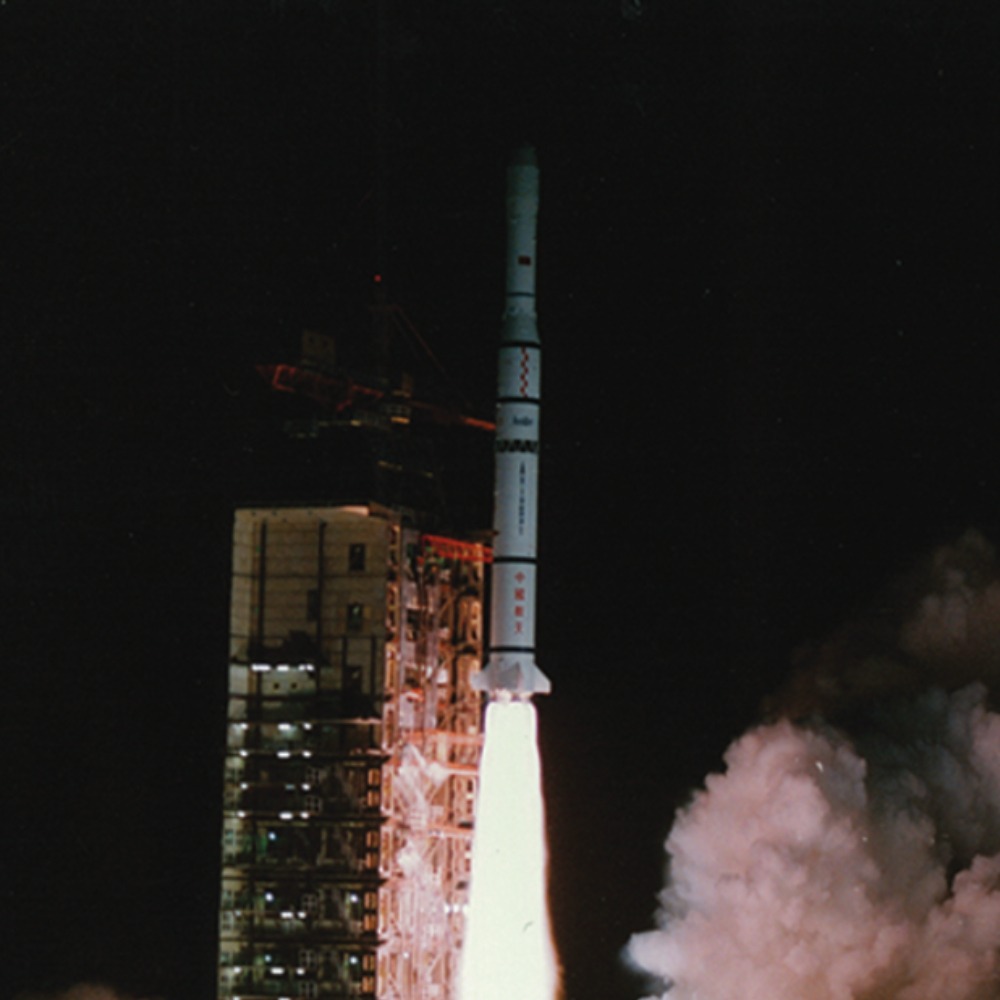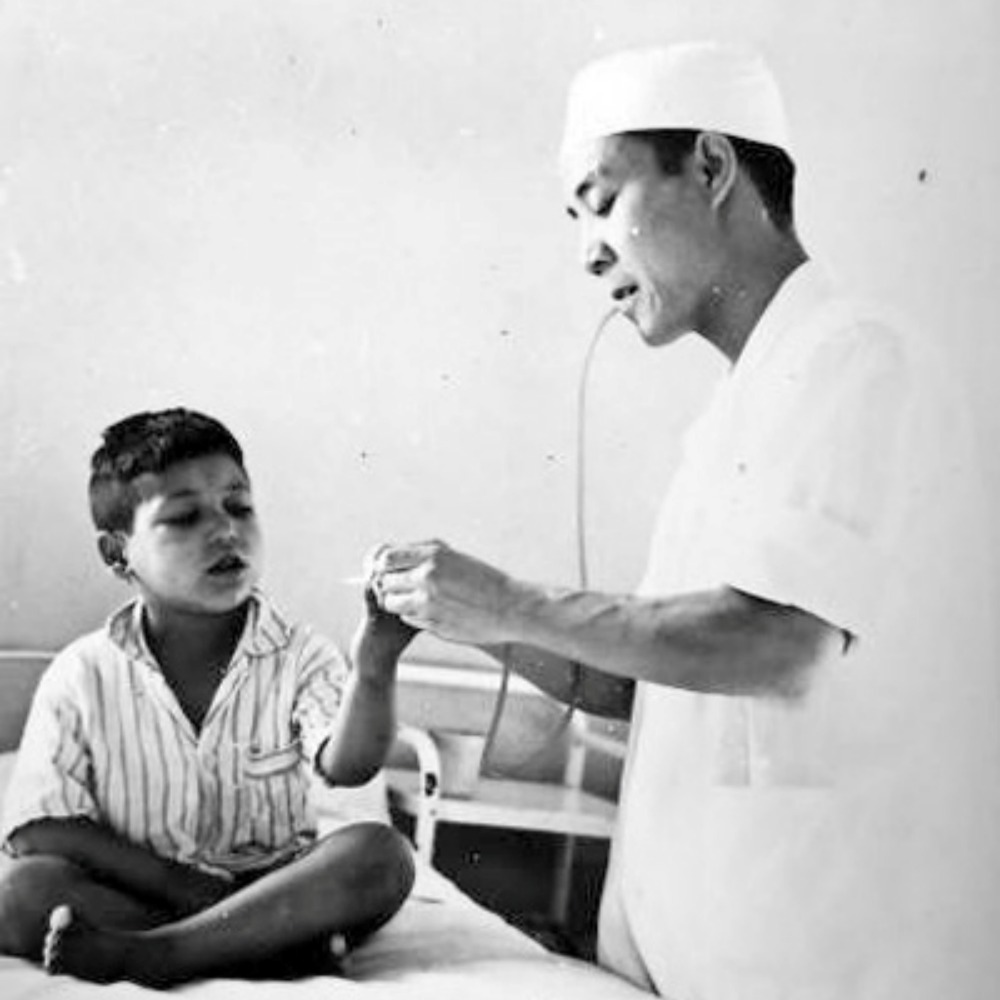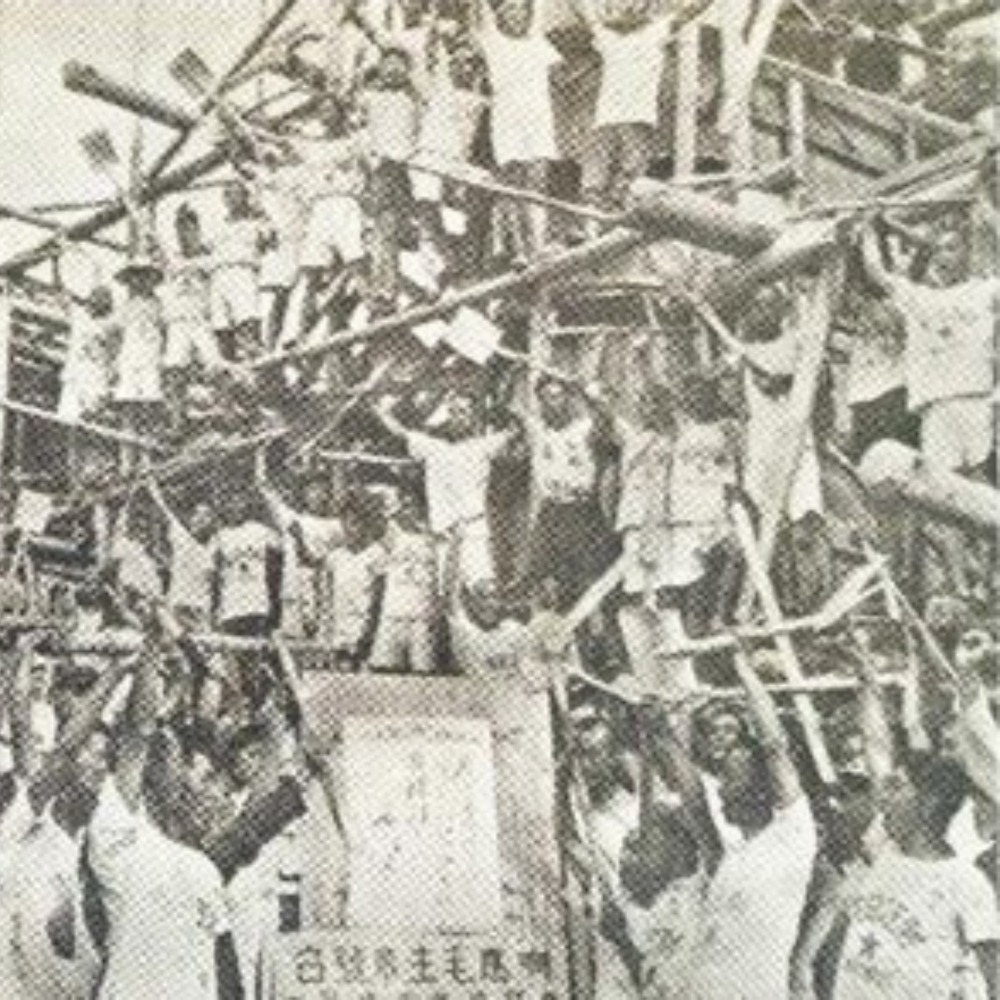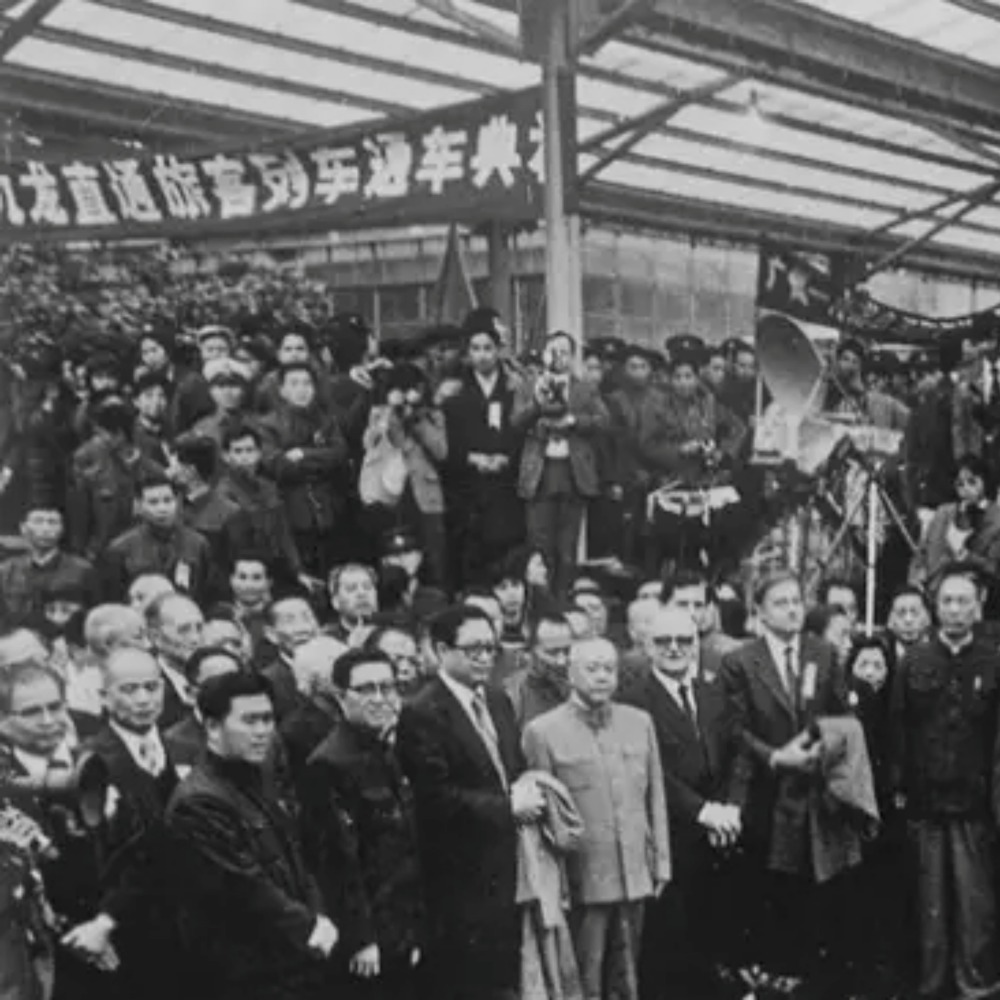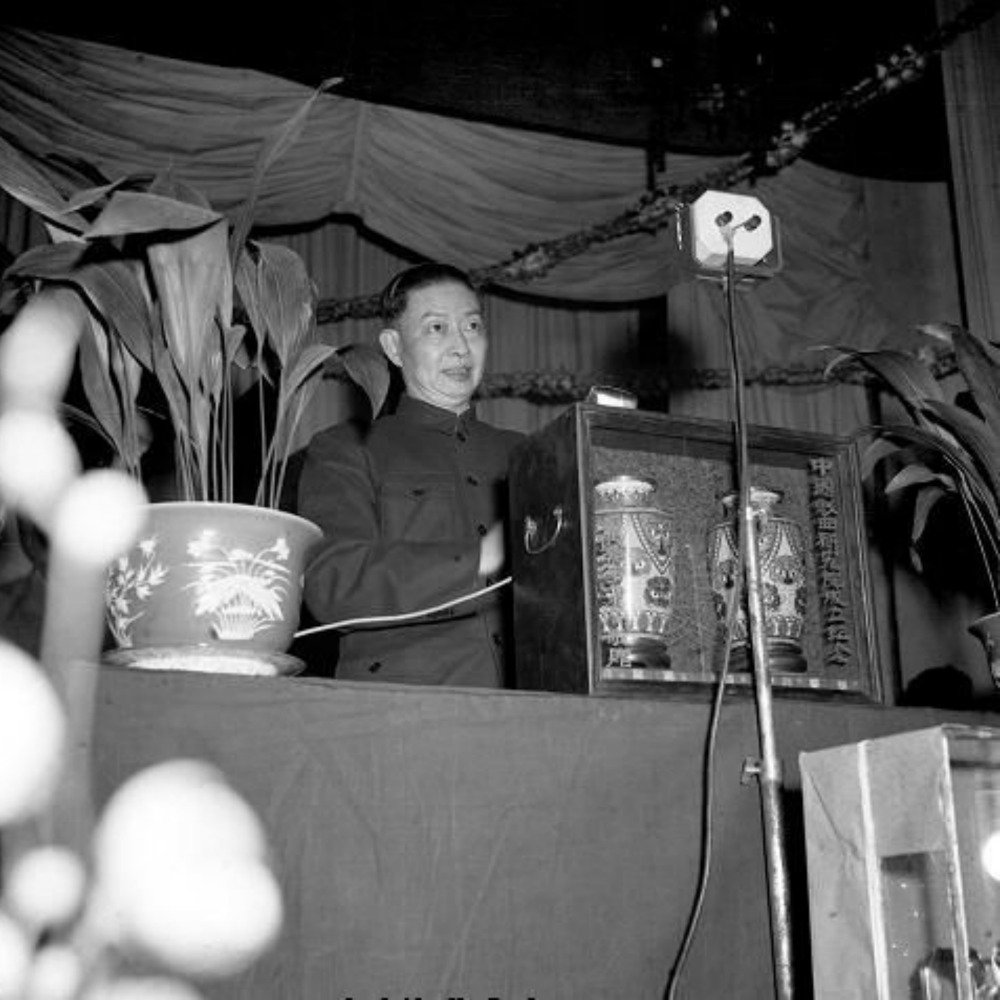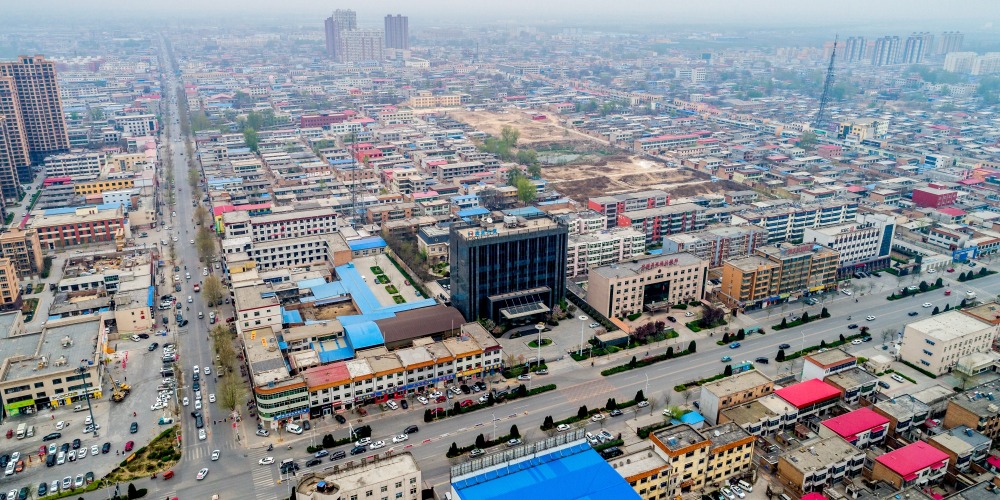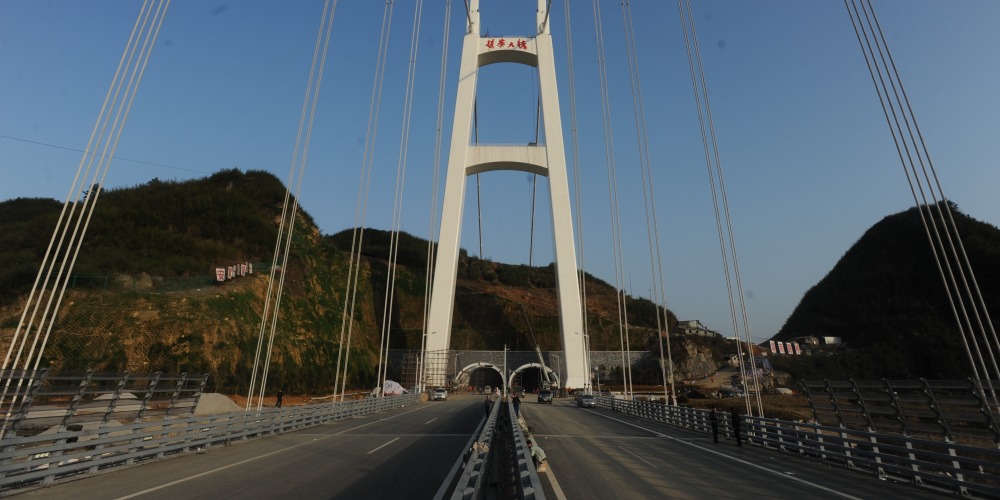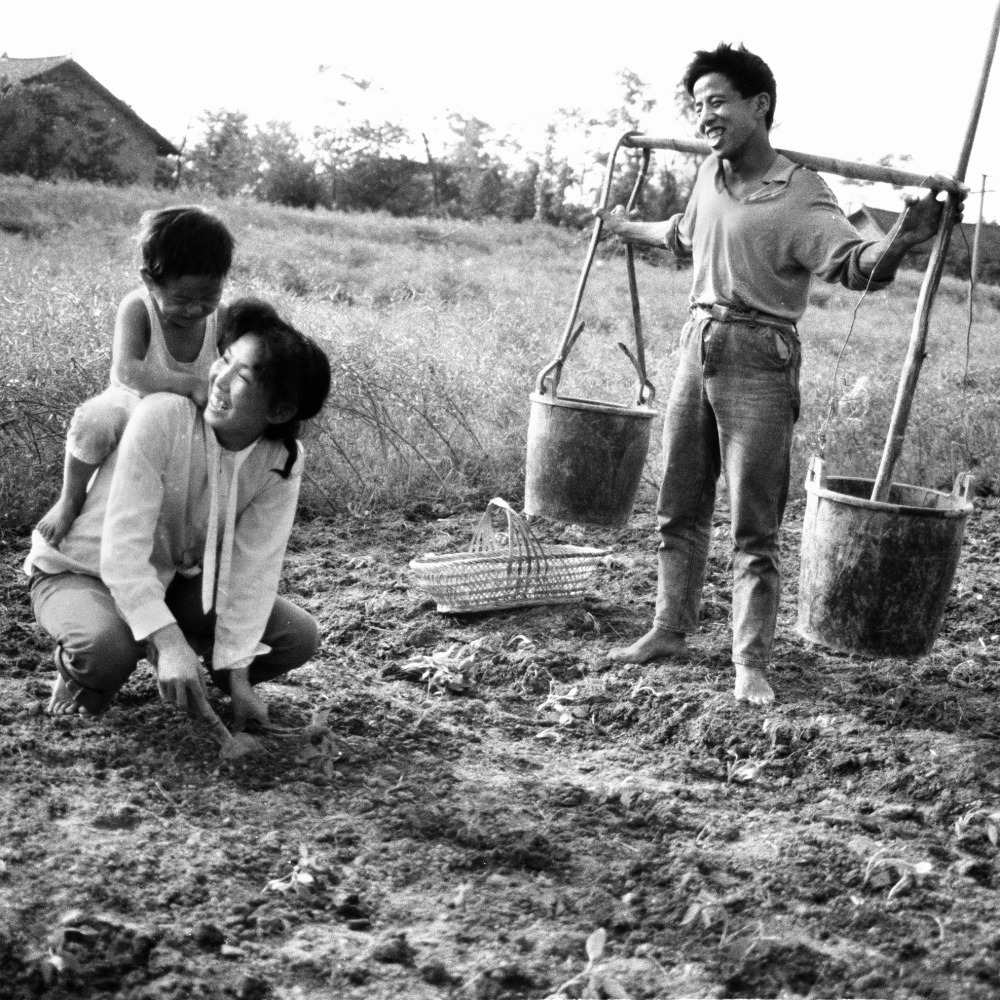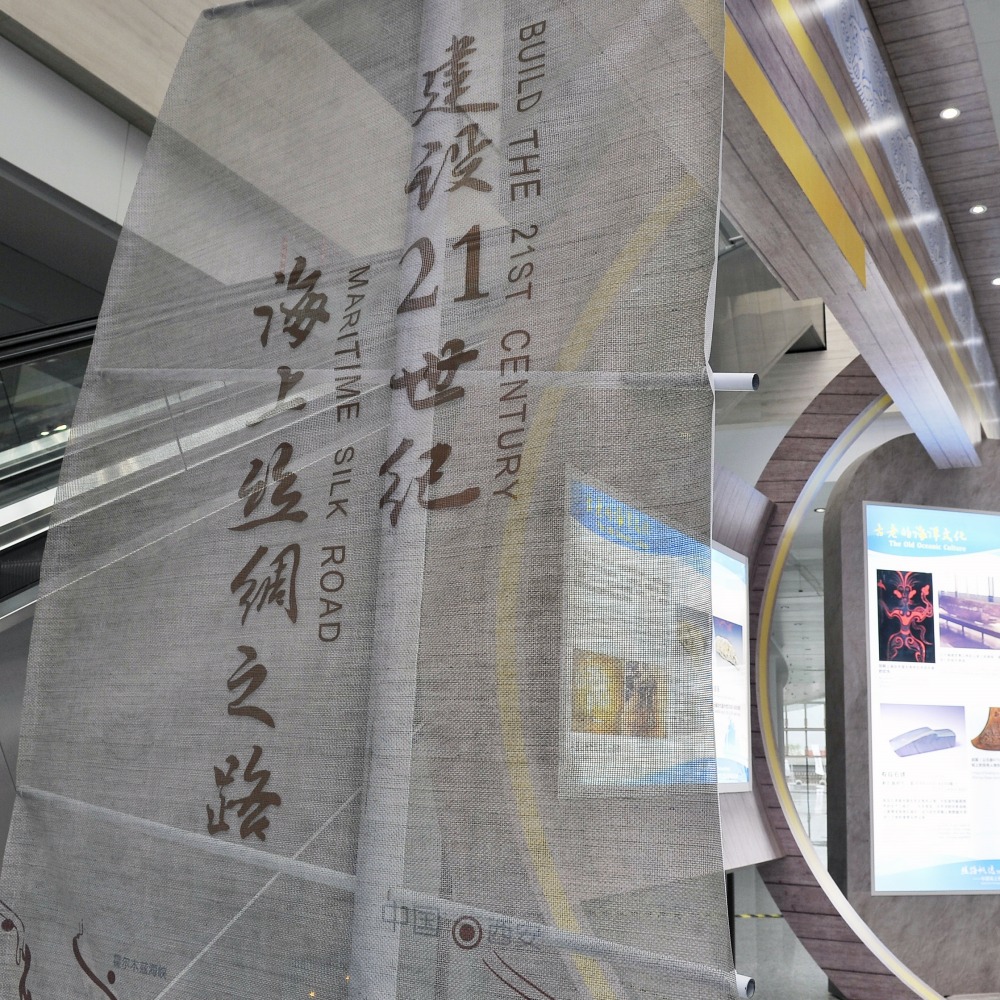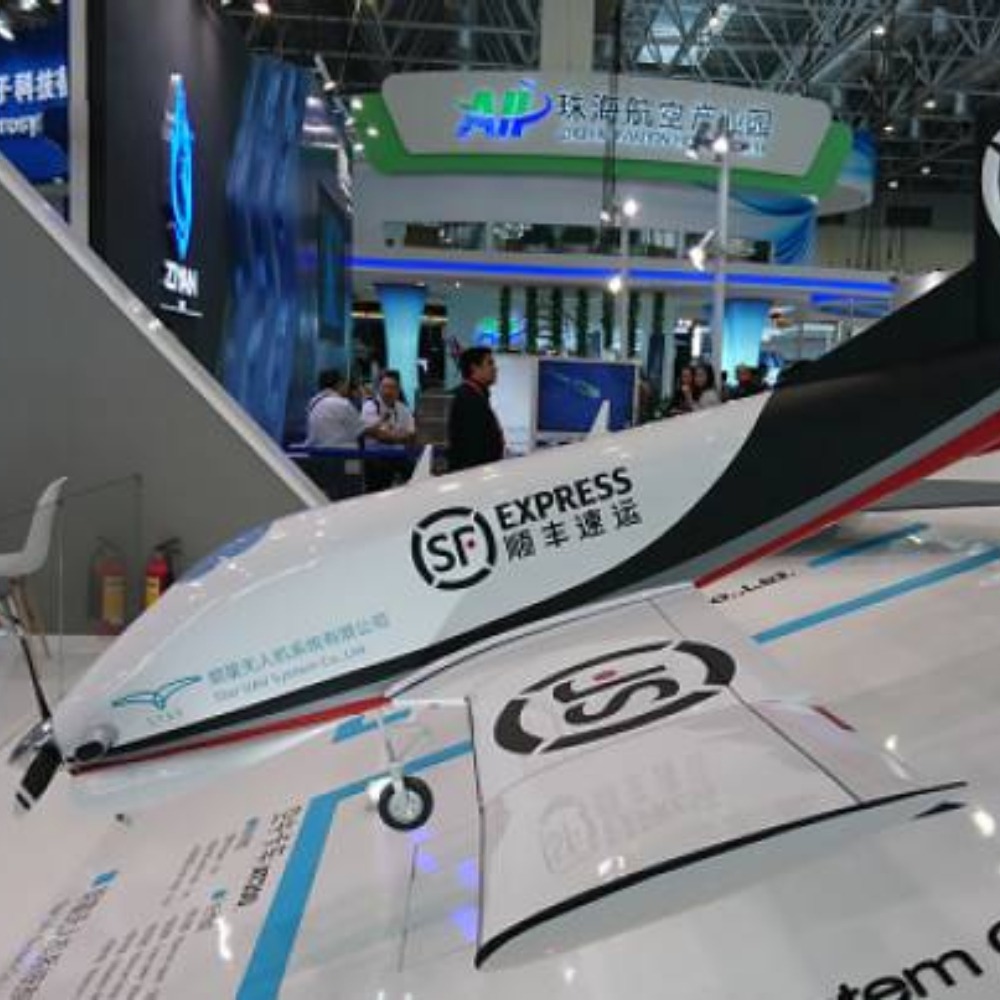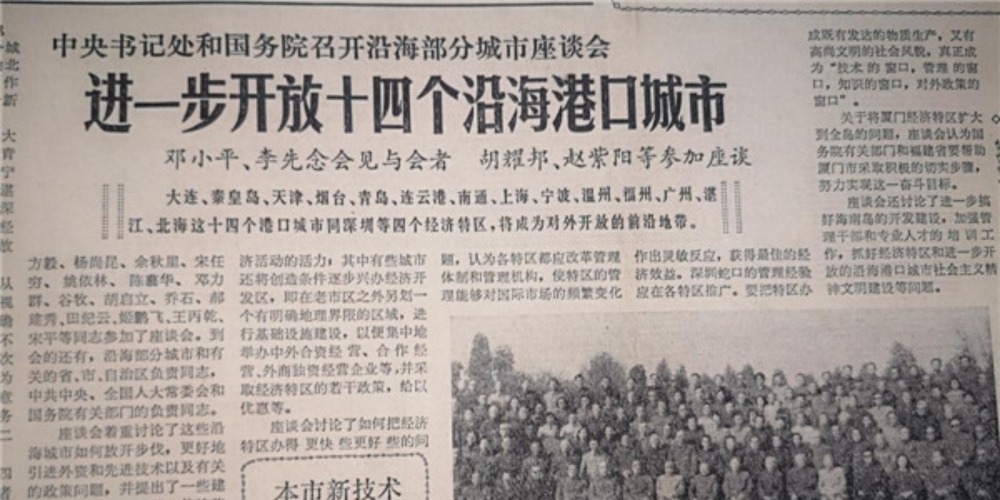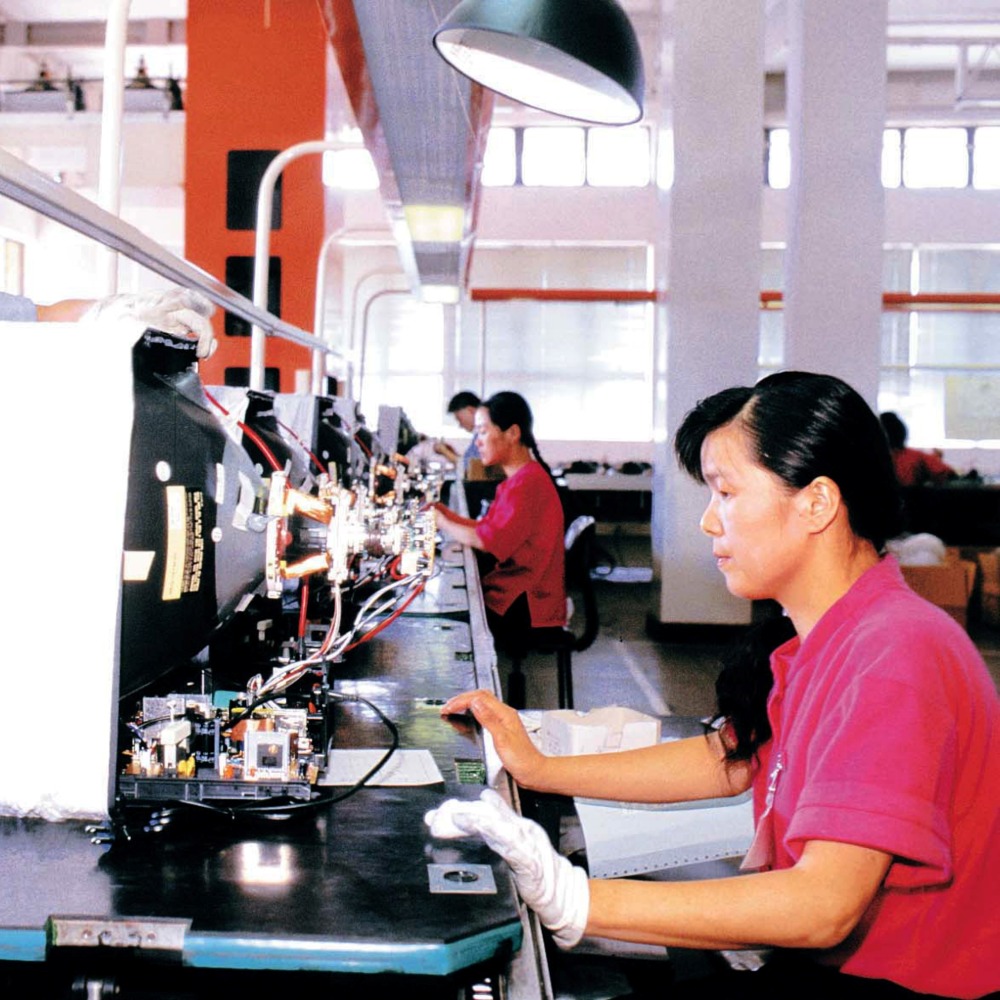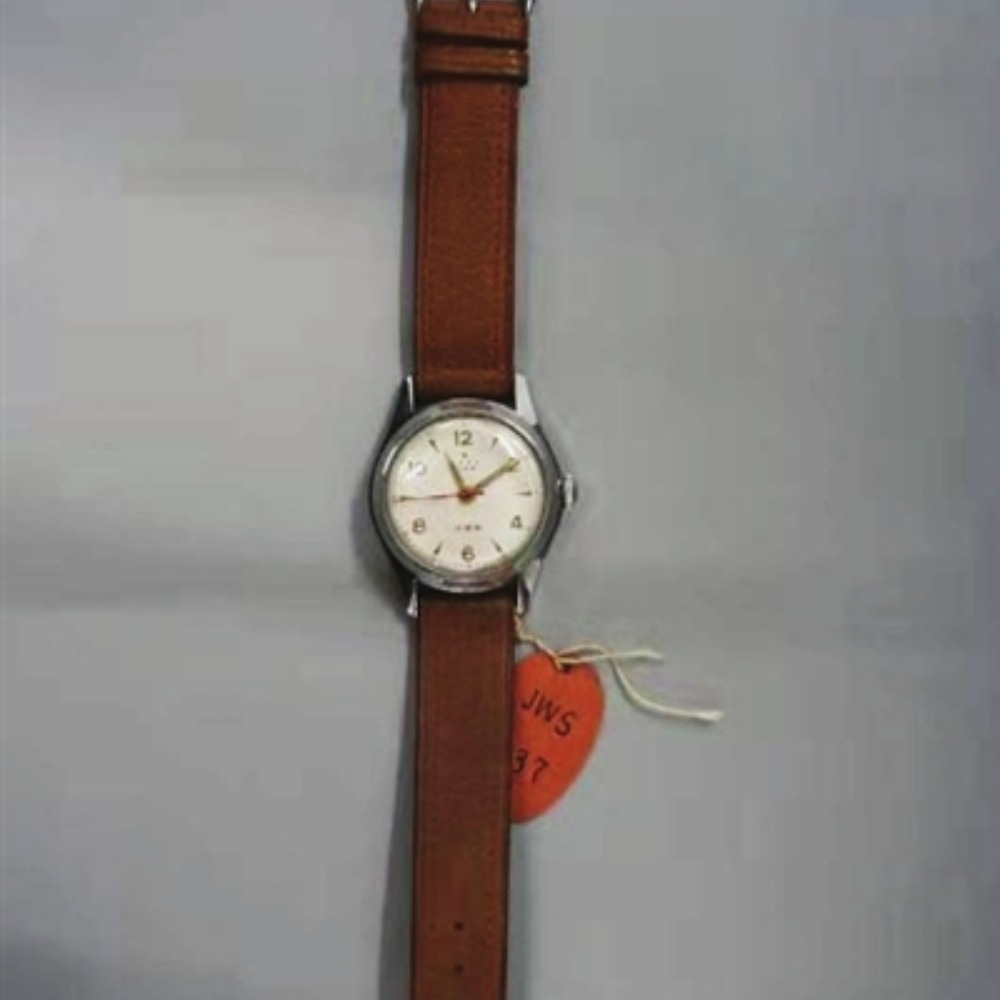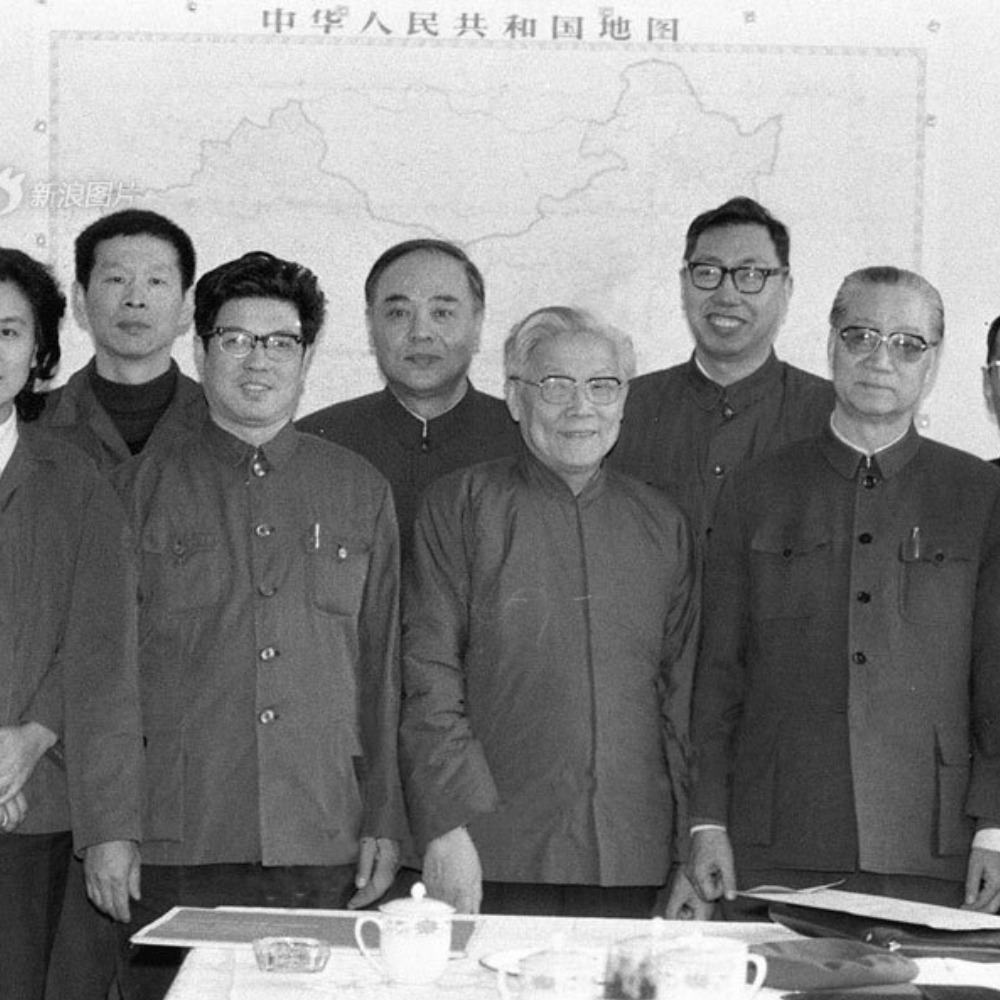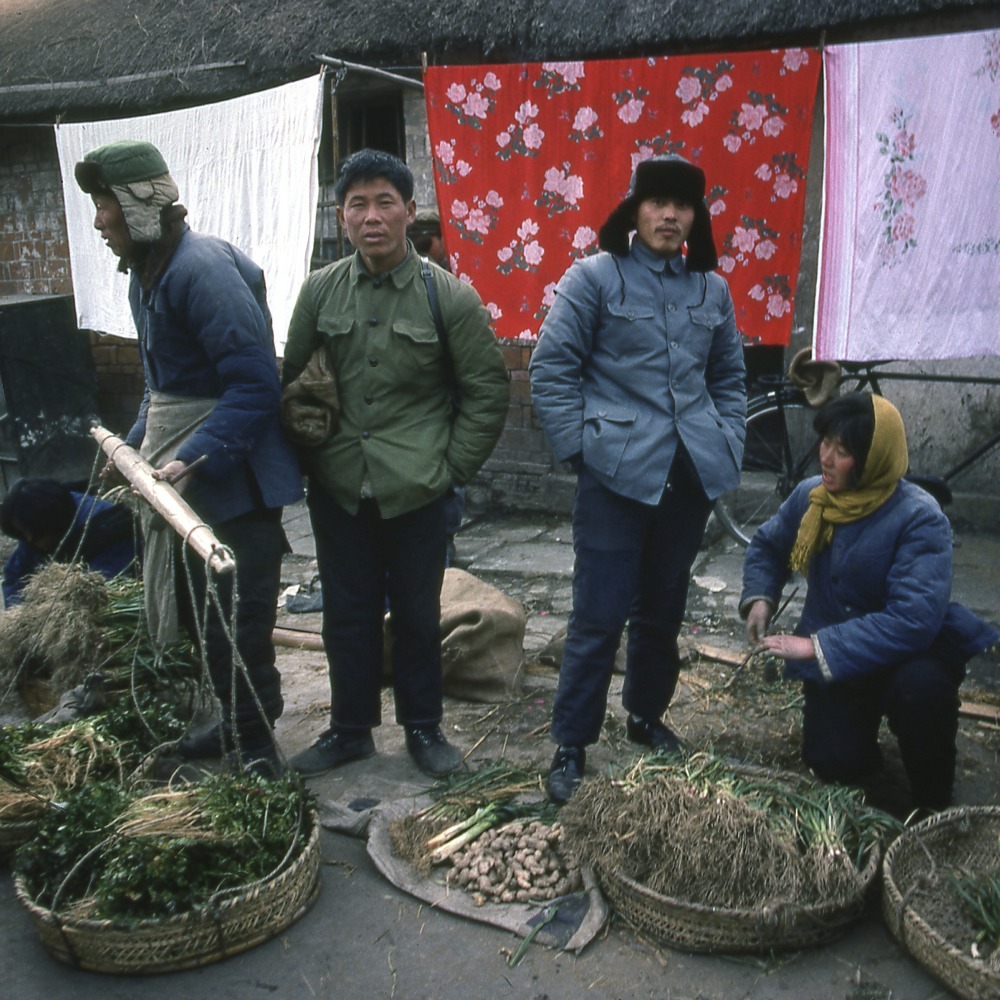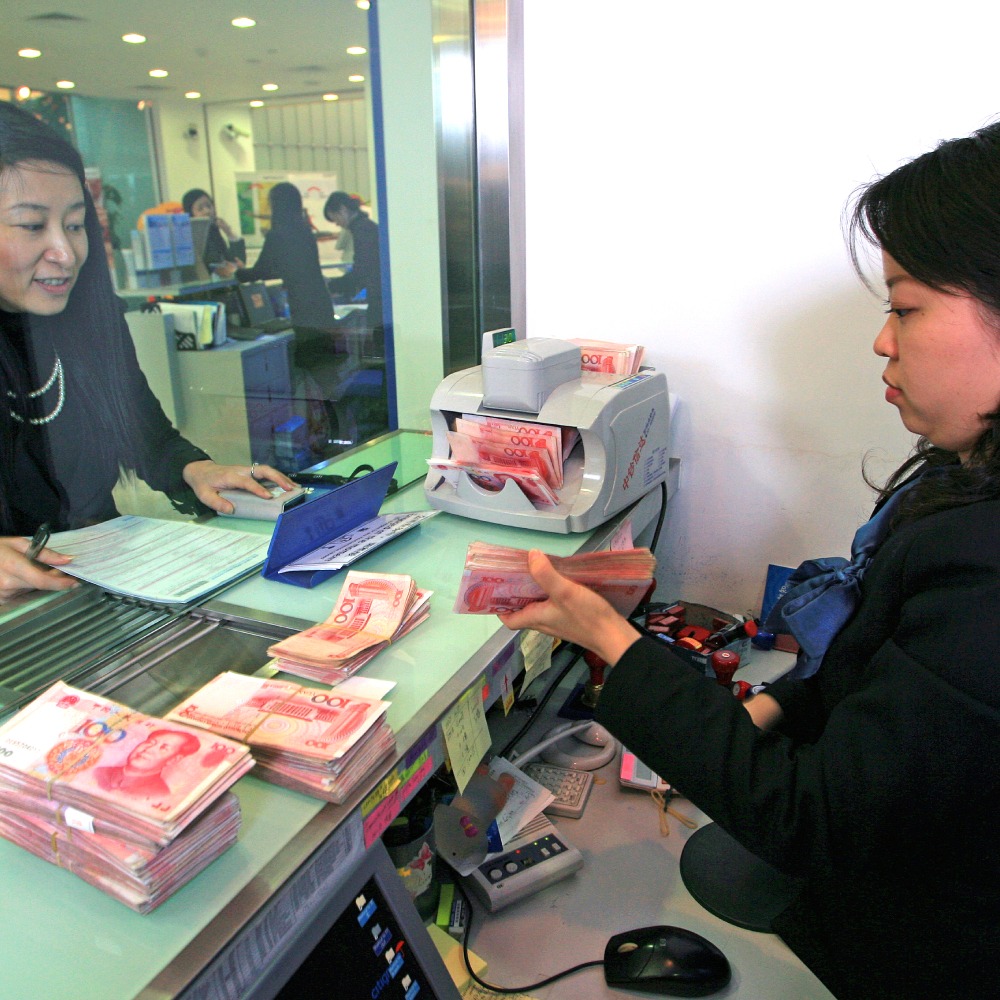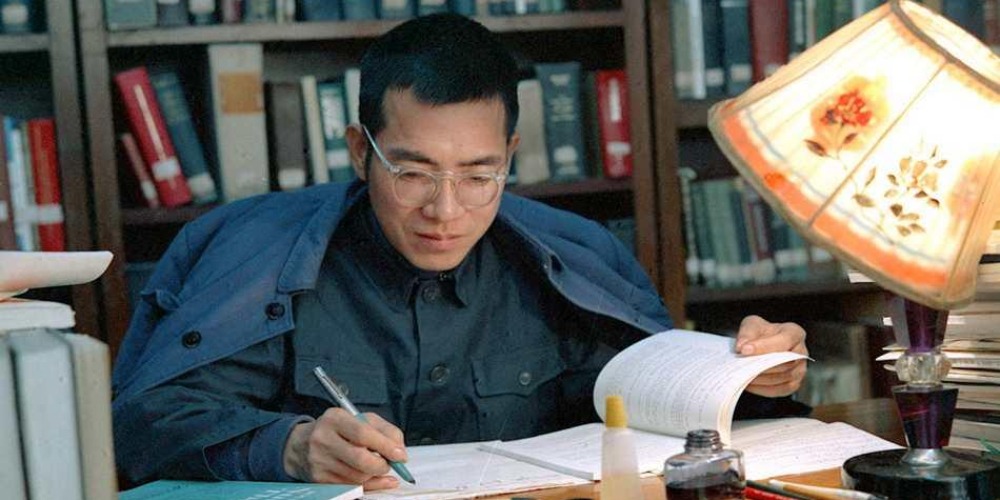Published : 2025-04-11
On April 11, 1988, the drama film The Last Emperor, co-produced by China, Italy, and the UK, won nine major awards at the Oscar Awards ceremony held in Los Angeles.
Among them, the young Chinese composer Su Cong (蘇聰), along with Ryuichi Sakamoto (坂本龍一) and David Byrne, jointly won the award for Best Original Score for the film. Thus, Su Cong became the first Chinese Oscar winner.
On the night Su Cong received the award, he called his parents from Los Angeles to share the good news, saying, "Without the achievements of my motherland today, there would be no success for me."
Su Cong was born into a musical family. His father, Su Xia, was a professor at the Central Conservatory of Music. Influenced by his father, Su Cong was exposed to music from an early age.
In 1978, Su Cong was admitted to the Composition Department of the Central Conservatory of Music with excellent grades, studying under Professor Du Mingxin (杜鳴心).
In 1985, he was further admitted to the Department of Music at the Free University of West Berlin, where he continued to study and persist in music composition during his studies abroad.
By 1985, Su Cong won second place in the International Liszt Piano Composition Competition in Hungary, commemorating the 100th anniversary of Liszt's death, with his original work Liszt Piano Fantasy.
His compositions such as Dawn and Concert Overture were also performed by many well-known orchestras in Europe and Asia, gradually making his name known.
Originally, Su Cong was not among the composers for The Last Emperor. However, after watching the footage of this movie, he felt a strong creative urge and inspiration.
Therefore, he sent his resume and recordings of his representative works to the production team, recommending himself for the film’s score.
Subsequently, after comparison and research, the production team decided to send Su Cong a telegram inviting him to try composing for the film.
To ensure the musical authenticity aligned with the film's historical context, Su Cong conducted extensive research at the Manchu Language Institute of the Palace Museum and the Beijing Library, meticulously studying archival materials.
His approach sought to harmonise contemporary compositional techniques with traditional Chinese musical motifs, thereby accentuating the national character of the score while employing modern expressive methods.
In the end, the composition Su Cong created thoroughly satisfied the notoriously demanding director Bernardo Bertolucci.
